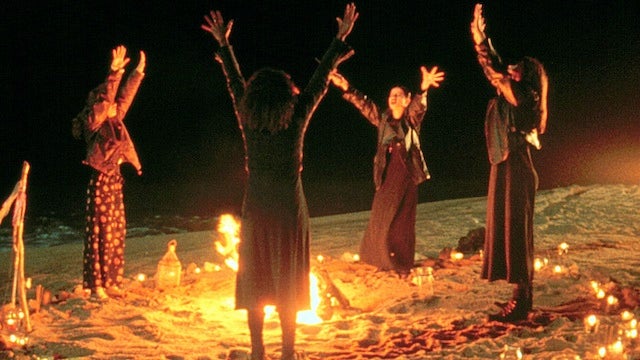Mga Teoryang Pinagmulan ng Wika
Ayon sa teoryang ito nagsimula ang unang wika sa pamamagitan ng panggagaya sa mga tunog sa kalikasan tulad ng agos ng tubig, langitngit ng kawayan at punong kahoy, huni ng ibon, at tunog na nagmumula sa mga hayop. Ang teoryang ito ay hindi ganoong tinanggap ng tao dahil sa iba't ibang interpretasyon ng tao ayon sa kanilang pandinig.
2. TEORYANG DING-DONG
Bukod sa tunog ng mga hayop, ang mga bagay sa ating kapaligiran na likha ng tao ay may sariling tunog tulad ng kamapana. Ang tunog nito ay may mensaheng nais iparating sa tao.
3. TEORYANG POOH-POOH
Sa teoryang ito pinaniniwalaan na ang tao ay nakalilikha ng mga tunog kapag nakadarama ng masidhing damdamin tulad ng galit, takot, pagkabigla, pagiyak at katuwaan.
4. TEORYANG YO-HE-HO
Pinaniniwalaang nagsimula ang wika sa pamamagitan ng ingay ng mga taong sama-sama o nagtutulungan sa paggawa.
5. TEORYANG YAM-YAM
Ipinahahayag sa teoryang ito na sa pamamagitan ng pangangailangan ng ating katawan sa tubig, hangin, at pagkain ay nakalilikha ng tunog hanggang sa ito ay maging ika, tulad ng pagkalam ng kanyang sikmura kapag siya ay nagugutom.
6. TEORYANG TARARA-BOOM-DE-AY
Sa teoryang ito ay nagmula ang wika sa tuwing sila ay nagsasagawa ng ritwal o seremonya sa pagsigaw at mga panalangin, nakakabigkas sila ng mga salita,









